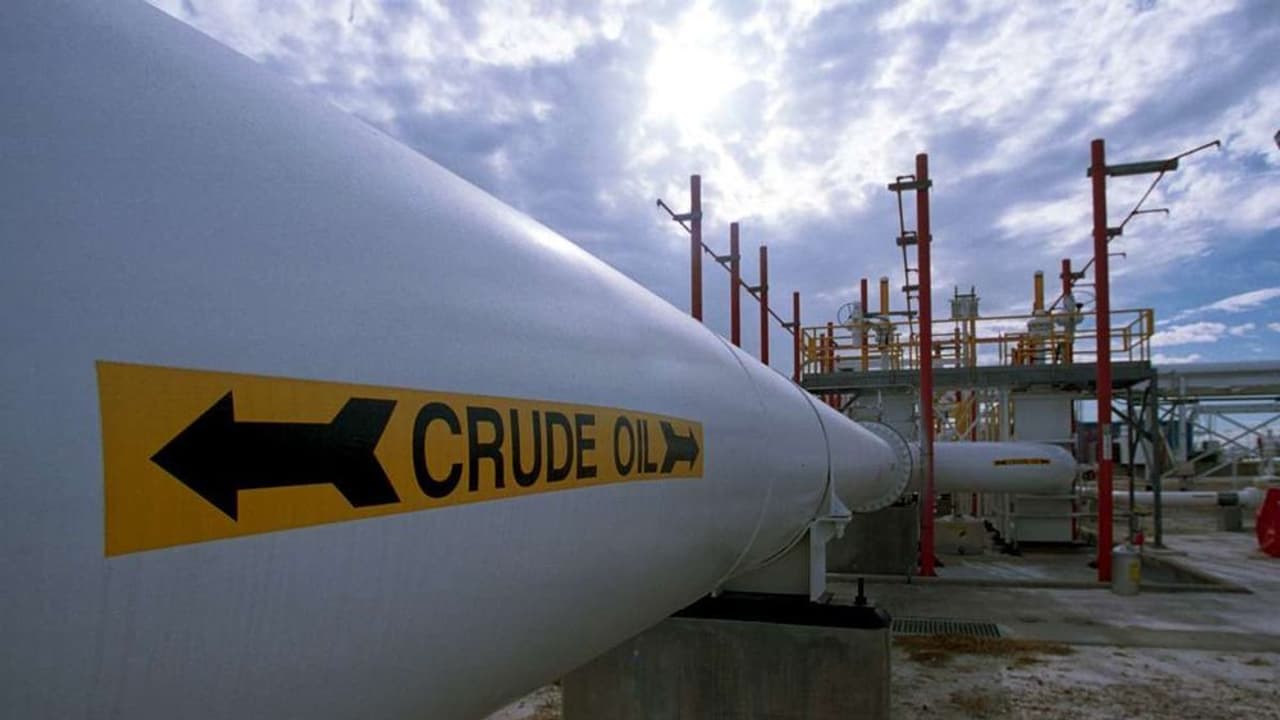The deal is set to be formally announced at a joint news conference between Carney and Premier Danielle Smith in Calgary on Thursday.
- The deal would provide exemptions to Alberta on federal greenhouse gas regulations that Smith has opposed for a while.
- Ottawa seeks a multibillion-dollar investment in carbon capture from the Pathways Alliance of oilsands companies.
- A combined C$280 billion worth of Canadian oil and natural gas projects have been canceled over the past decade due to concerns over economic feasibility.
Canadian Prime Minister Mark Carney and the premier of the oil-rich province of Alberta have reportedly agreed to the broad outlines of a memorandum of understanding that offers political support to a new oil pipeline to the British Columbia coast.
According to a Canadian Broadcasting Corp report, citing sources, the deal is set to be formally announced at a joint news conference between Carney and Premier Danielle Smith in Calgary on Thursday. It is stated to be contingent on Alberta “embracing a stricter industrial carbon pricing regime” and a multibillion-dollar investment in carbon capture from the Pathways Alliance of oilsands companies, the report added.
Thaw In Relations Between Alberta-Ottawa
Alberta has often criticized many clean energy initiatives of Carney’s predecessor, Justin Trudeau, including its rules on emissions. The deal would reportedly provide exemptions to Alberta on federal greenhouse gas regulations that Smith has opposed for a while, including Ottawa’s net-zero clean electricity regulations. Ottawa would suspend those regulations if Alberta agrees to strengthen its industrial carbon price.
Several industry officials and Smith have lobbied for a new pipeline with a capacity of 1 million barrels per day of crude oil, connecting landlocked Alberta to a port in British Columbia. The energy industry aims to capitalize on the growing demand for Canadian crude and reduce its reliance on the United States. Over 90% of Canadian exports currently go to the U.S.
A combined C$280 billion worth of Canadian oil and natural gas projects have been canceled over the past decade due to concerns over economic feasibility, according to the Canadian Association of Petroleum Producers. The Trans Mountain Pipeline (TMX) expansion, which began operating last year, is expected to reach full capacity by the end of the decade.
The deal includes exemptions to a ban on oil tankers from the northern tip of Vancouver Island to the Alaska border, alongside language on the need for Indigenous ownership and equity, and for tripartite engagement with B.C.
Which Energy Firms Could Benefit?
Canadian oil producers, including Imperial Oil, Canadian Natural Resources, Cenovus Energy, and Suncor Energy, could benefit if they can ship oil to Asian refineries. Pipeline operators such as Enbridge or Pembina Pipeline could also gain.
Retail sentiment on Stocktwits about Cenovus and Imperial Oil was in the ‘bullish’ territory at the time of writing, while traders were ‘neutral’ about Canadian Natural and Suncor.
The difference between WTI crude prices and Canadian heavy crude oil has reduced by $6 since the start of the TMX expansion, boosting oil revenue by $9 billion. Alberta’s government revenue grew by an estimated C$4.4 billion during the first year of operations of the pipeline.
For updates and corrections, email newsroom[at]stocktwits[dot]com.<
